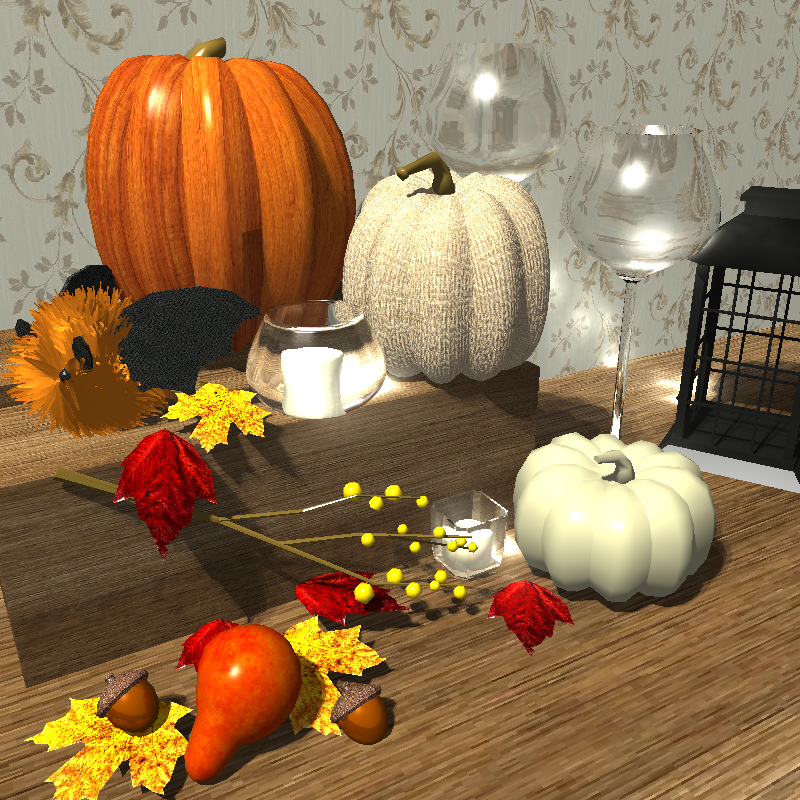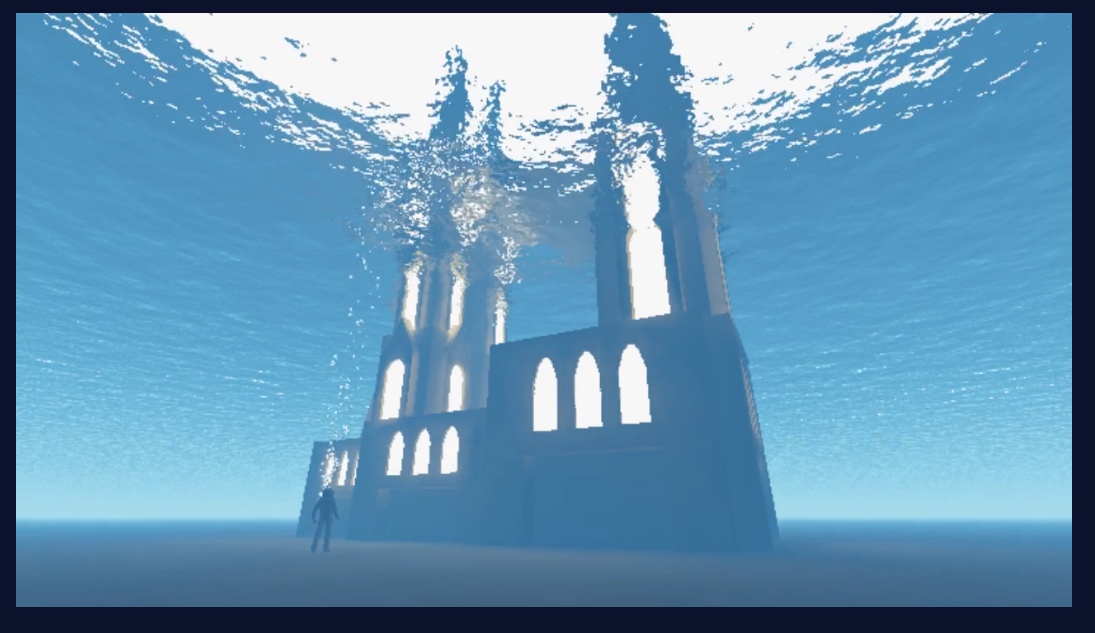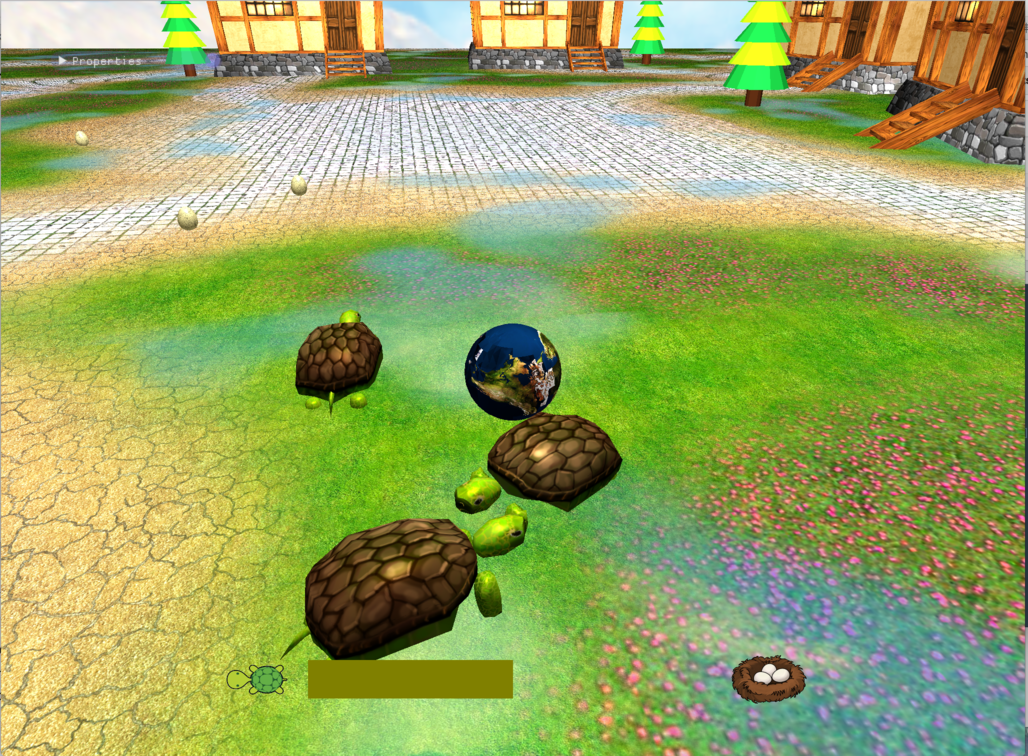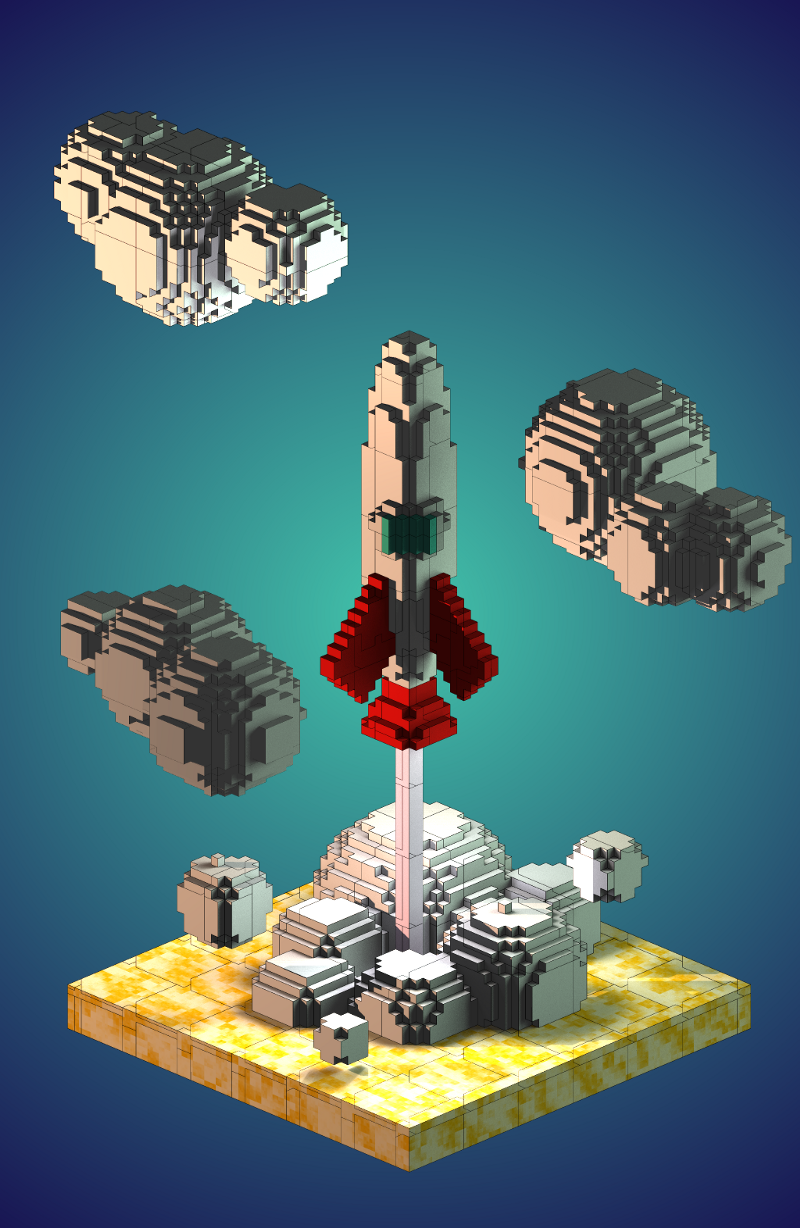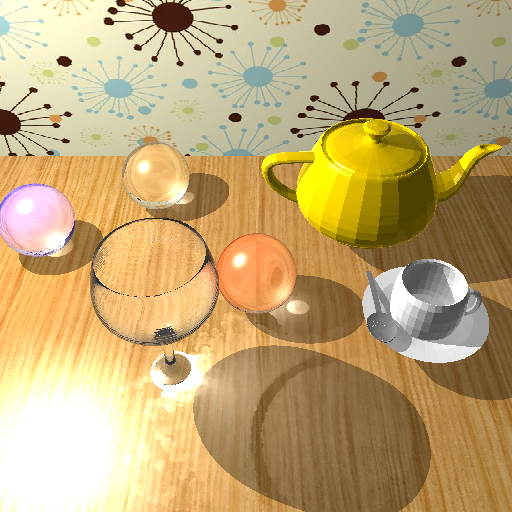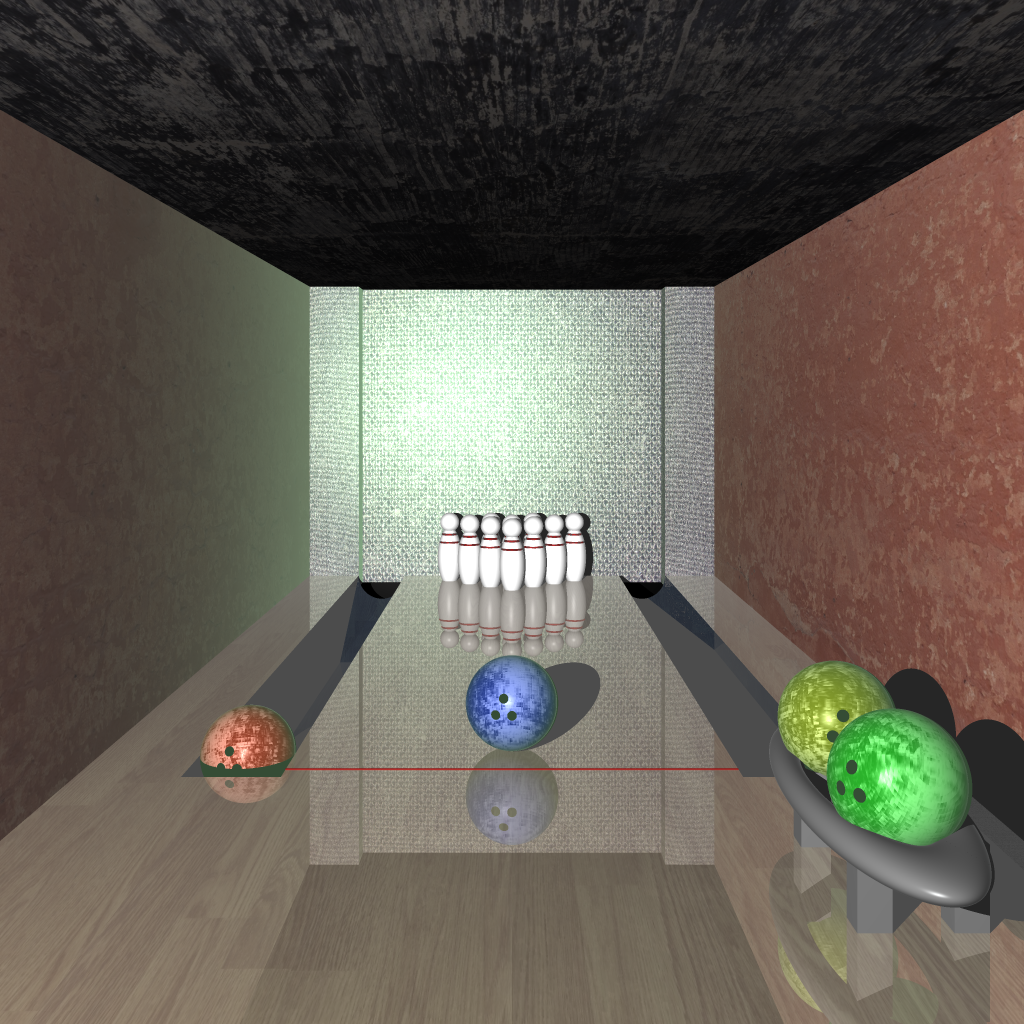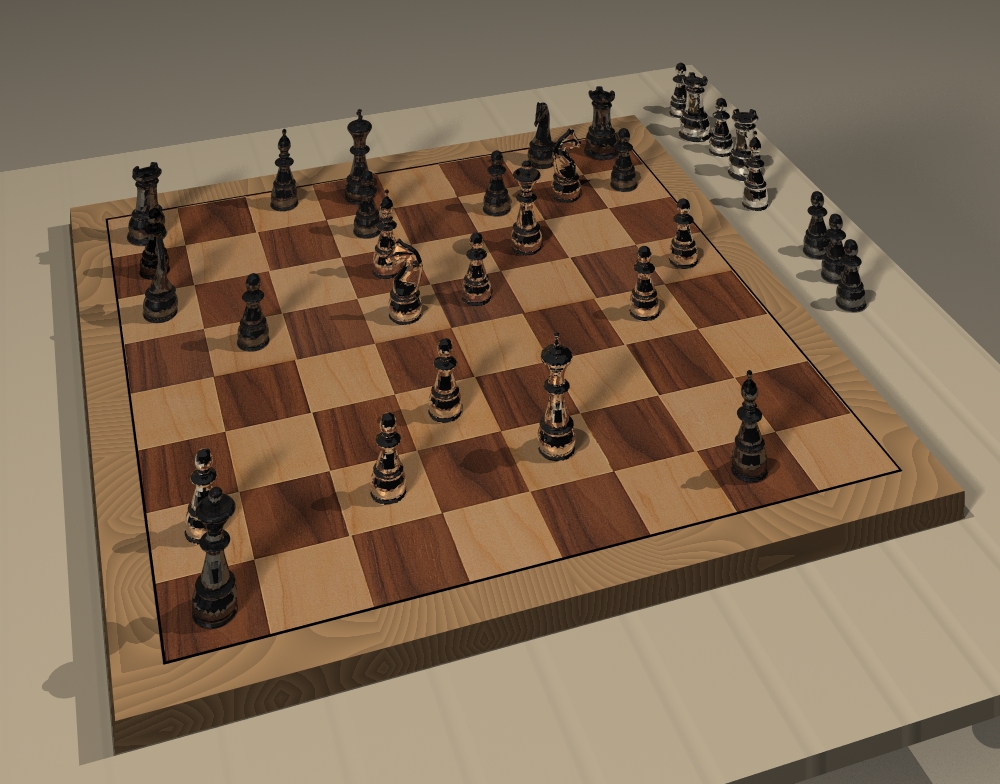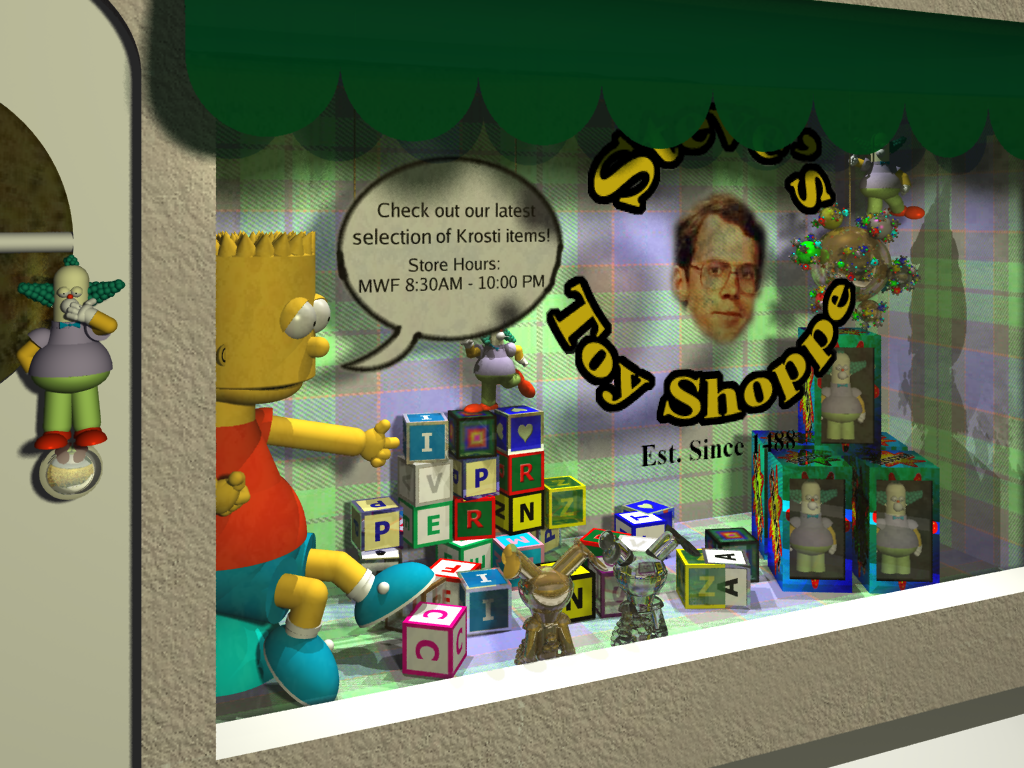CS 488/688: Introduction to Computer Graphics
Winter 2019
Welcome to the home page for CS488/688, the introductory computer graphics course in the School of Computer Science at the University of Waterloo. This course focuses on 3D graphics, although it does discuss some aspects of user interface design. CS488/688 has a fairly heavy project component and should not be taken in conjunction with other heavy project courses.
Course logistics for Winter 2019
- Instructor
- Gladimir V. G. Baranoski
gvgbaran@uwaterloo.ca
Office hours: Friday, 3:30 – 4:30 PM in DC 3520 - Teaching Assistants
- Spencer Van Leeuwen
srvanlee@uwaterloo.ca
Office hours: Tuesdays from 11:30 AM – 12:30 PM, in the Undergraduate Graphics Lab, MC 3007 - Petri Varsa
pmvarsa@uwaterloo.ca
Office hours: Wednesdays from 10:30 AM – 11:30 AM, in the Undergraduate Graphics Lab, MC 3007 - Lectures
- Tuesday and Thursday, from 1:00 – 2:20 PM, MC 4041
- Lab
- MC 3007. There are no scheduled lab times. The lab is available 24 hours a day for students enrolled in CS 488/688. The code to open the lab will be provided in class.
- Tutorials
- There will be two scheduled tutorials this term on January 16th and 17th from 5:30–6:30 PM in MC 4063. The content will be the same on both days, so you can attend either session.
- Exams
- Midterm: Thursday February 14 at 1 PM in MC 4020
Final: TBA - Course Outline
- The course outline contains general information about the course, including the marking scheme.
- Required Text
-
- CS 488/688 Lecture notes. Hardcopy available at Media.doc in MC 2018, or as a downloadable PDF.
- Recommended Text
-
- OpenGL Programming Guide: The Official Guide to Learning OpenGL, by Kessenich et al.
- Computer Graphics with Open GL, by Hearn, Baker and Carithers.
Winter 2019 Assignments
- Please read our additional notes regarding assignment completion and submission. These notes may help you avoid losing marks unnecessarily.
-
Assignment 0: Warmup
Due Thursday January 17 at 12:30 PM -
Assignment 1: OpenGL
Due Thursday January 24 at 12:30 PM -
Assignment 2: Pipeline
Due Thursday February 7 at 12:30 PM -
Assignment 3: Puppet
Due Thursday February 28 at 12:30 PM -
Assignment 4: Trace
Due Thursday March 7 at 12:30 PM -
Assignment 5: Project
Proposal due Thursday March 14 at the beginning of lecture
Revised proposal due Thursday March 21 at the beginning of lecture
Final submission due Tuesday April 2 at 8:00 PM
Demos: Wednesday April 3 and Thursday April 4
Project Written Report: Thursday April 4 at the beginning of lecture
General information about CS 488/688
Start by visiting the old home page for the course, where you'll find lots of other useful information and links.
- The website open.gl is a great starting point for programming in modern OpenGL, featuring a sequence of well written tutorials.
- See also the longer sequence of tutorials at learnopengl.com, which go into more detail about specific topics.
- Song Ho Ahn also has a number of useful tutorials that explain concepts in 3D computer graphics, especially as related to the OpenGL graphics pipeline.
- Visit docs.gl for the best OpenGL API reference.
- You might also want to look at Terence's OpenGL tutorial slides.
- The Graphics Codex is a highly detailed overview of core topics in computer graphics, with lots of sample code and well documented equations. It's available online and as an app for iOS. The website includes very detailed programming projects. You might also want to look at the syllabus for Morgan McGuire's graphics course at Williams College, which covers lots of great topics and techniques related to procedural generation.
- Peter Shirley has written some fun, short, tutorial-style e-books to help you build ray tracers. The approach they use doesn't map perfectly onto our Assignment 4, but might neverthess provide some useful ideas, and inspiration for the final project. Separately, he has made the ray tracing chapter from his main textbook available for free online. It provides lots of useful formulas.
If you are familiar with other resources or websites that would be of general use to students in this course, please send them to us and we might add them here.
